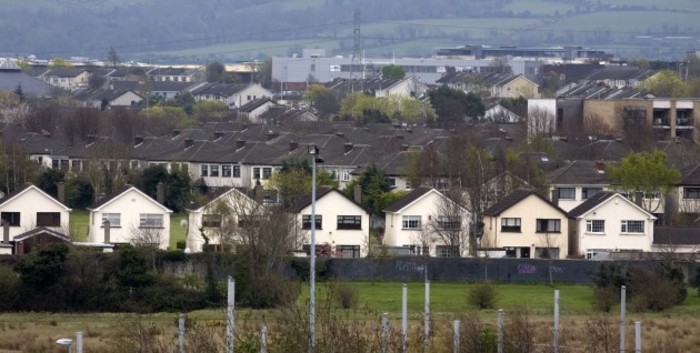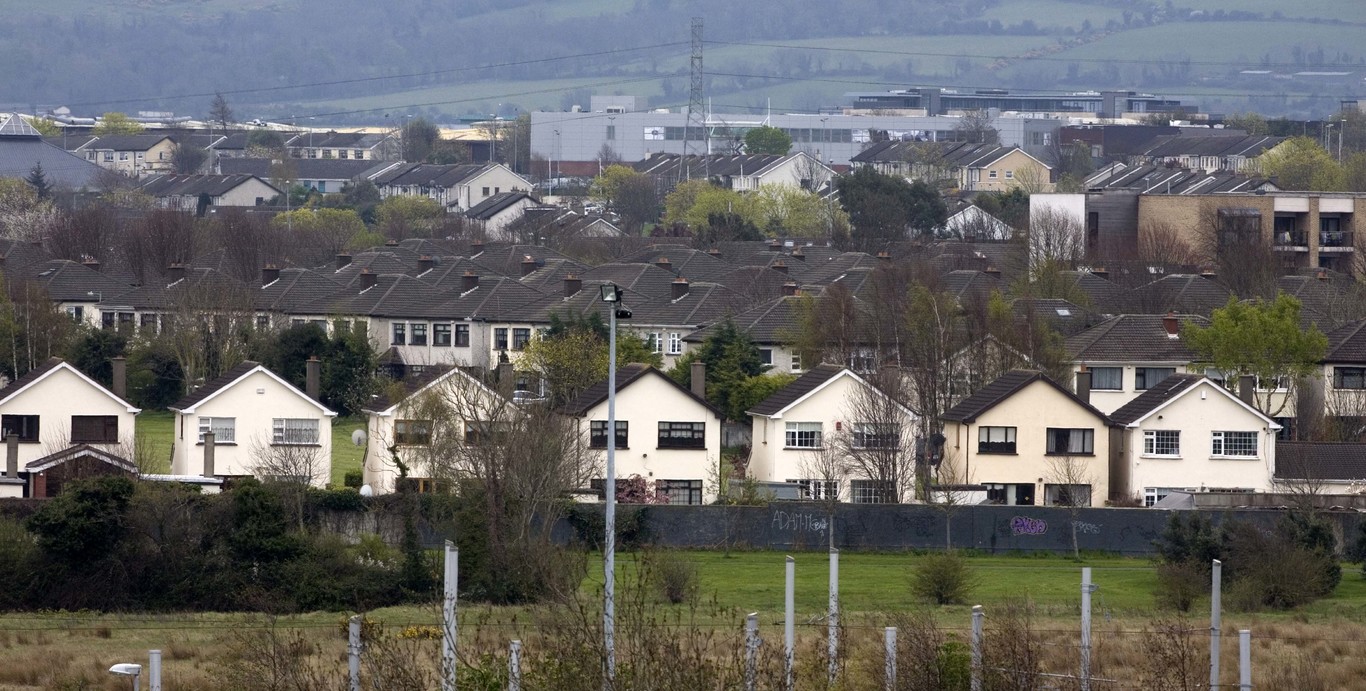Plans to scrap the Help to Buy scheme may trigger a 'frenzy' among house-hunters
The government incentive is under review – and could be scrapped in October’s budget.
THE HELP TO Buy scheme has received nearly 7,000 applications to date, but there are concerns there could be a rush of new applicants further pushing up prices as house-hunters fear the incentive will be scrapped.
New housing minister Eoghan Murphy has acknowledged that the controversial incentive is under review, with reports it could be wound up in the next budget.
The scheme, which was first introduced in last October’s budget, provides first-time buyers with grants of up to €20,000. Critics of the scheme said it is pushing up house prices without encouraging building.
Speaking on RTÉ’s The Week In Politics, Murphy acknowledged that the scheme is something he is ‘looking at’.
“We have a review under way at the moment, and I will wait until that review is concluded.”
Asked whether or not he was concerned that the scheme might in fact be inflationary, Murphy replied:
“It is a concern of mine.”
John McCartney, director of research and in-house economist for Savills, said that any hint the scheme could be coming to an end is likely to “focus the minds” of those who were intending to buy in the months ahead.
He argued that due to limited housing stock on the market and the tight time-frame before the next budget – when the scheme may end – “the frenzied demand before the shutters come down” could further inflate house prices.
The latest figures from the CSO showed house price inflation accelerated to 10.5% nationwide in the year to April.
How many have applied?
As of the end of last month, Revenue had received 6,607 applications to stage one of the Help to Buy incentive, of which 4,095 have been approved.
There are two stages involved in the process. The initial application, stage one, where applicants provide proof of their mortgage, and stage two, the claims stage, where more details and documentary evidence of mortgage drawdown is needed.
However, it is possible that many of the applicants will never make a claim during stage two for a variety of reasons.
These could include individuals who do not go on to obtain mortgage approval or who may decide to purchase a second-hand property.
To date, 1,917 stage-two claims have been made, of which 1,376 have been approved.
 Houses in west Dublin.
Houses in west Dublin.
Boost in summer sales
If the minister does decide to abolish the scheme, there could be a jump in applications in the run up to the end date as buyers rush to avail of the grant.
While there is usually a lull in the housing market in the summer months, the pressure on buyers to get the grant before it is scrapped could boost sales, McCartney said.
“It will get them moving sooner rather than later,” he added, stating that people who were planning to get on the property ladder in autumn could try to buy in the summer.
McCartney said he has always argued the Help to Buy Scheme was “ill-conceived”.
“It was always going to be inflationary. If you put more money in people’s pockets and do not increase housing supply, it is going to up the prices.”
“It is a misguided policy… it is never too late to do the right thing.”
McCartney said there could be a slowdown in the first-time buyers market if the scheme closes, however this would not be extreme due to rapid population growth. He said future initiatives should be focussed on increasing housing supply.
Scheme on budget
While there had been concerns that the Help to Buy scheme would come in over budget this year, the latest figures show it will largely be in line with the original estimate of €50 million in 2017.
In answer to a parliamentary question, former finance minister Michael Noonan said the total estimated cost of claims to the Exchequer is €20.3 million to date. A total of €10.1 million represents retrospective claims which were made between period 19 July to 31 December 2016.
Given that the estimated cost for claims approved under the incentive for the first five months of 2017 comes to €10.2 million, Noonan said he estimated the plan would come in on budget.
Written by Christina Finn and posted on TheJournal.ie






